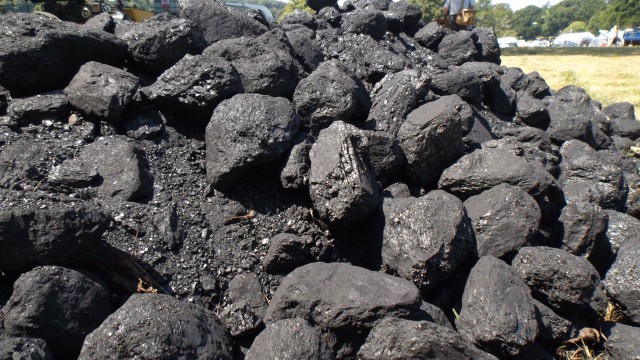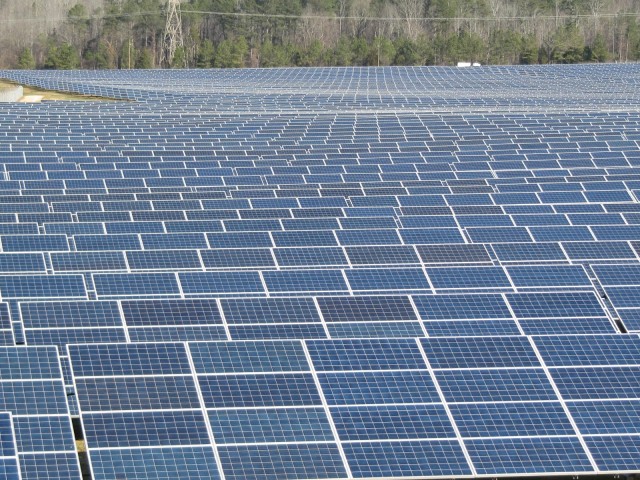![The White House, Washington, D.C. [Creative Commons license by dcjohn] The White House, Washington, D.C. [Creative Commons license by dcjohn]](https://www.automobilebrand.com/wp-content/uploads/2016/11/white-house_100170583_m.jpg)
The White House, Washington, D.C. [Creative Commons license by dcjohn]
Enlarge Photo
While the news headlines on President Donald Trump mostly address potential scandals, his administration has also lagged significantly in appointing top-level officials to run government agencies.
Those that have been appointed often have an adversarial relationship to the missions of the agencies they run.
Scott Pruitt, for example, is now administrator of the EPA, after suing it more than a dozen times as attorney general of Oklahoma to prevent the agency from enforcing emission rules on the state’s fossil-fuel extraction industry.
DON’T MISS: EPA science advisers axed; execs from regulated industries to replace them
Another example of this unusual phenomenon is Daniel Simmons, who three weeks ago was named to oversee the Office of Energy Efficiency and Renewable Energy within the U.S. Department of Energy.
As the Washington Post noted at the time, he is a conservative scholar who has “sharply questioned the value of promoting renewable energy sources and curbs on greenhouse-gas emissions.”
The Trump Administration has vowed to eradicate every vestige of its predecessor’s efforts to limit emissions of carbon dioxide, the climate-change gas that’s a major contributor to global warming.
The president himself denies accepted climate science, having called it a Chinese plot to hurt U.S. industries and referred to it using a bovine scatalogical epithet.
Pruitt too has questioned the human contribution to climate change, as well as removing the word “science” from the mission of his agency’s Science and Technology office.
More recently, he fired five scientists on the EPA’s Science Advisory Board, and is expected to replace them with representative from the industries whose emissions the agency regulates.
The appointment of Simmons to oversee an office whose basic mission he questions appears to follow the same pattern.
Before Trump’s election, he served as vice president for policy at the conservative think tank known as the Institute for Energy Research, funded among others by fossil-fuel companies.

Coal, by Flicker user oatsy40 (Used Under CC License)
Enlarge Photo

Two BNSF locomotives hauling coal trains meet near Wichita Falls, Texas
Enlarge Photo

Coal trains by Flickr user Kimon Berlin (Used under CC License)
Enlarge Photo
That body aggressively promotes the use of fossil fuels, and aggressively opposed the Paris Climate Agreement to limit emissions of carbon dioxide that was signed late last year by almost 200 countries, including the U.S.
In testimony to Congress last summer, Simmons slammed U.S. funding for the Ivanpah industrial-scale solar generation plant in California, calling it “unseemly” to use tax money to pay for renewable energy.
He is also listed as a policy adviser to the Heartland Institute, another extreme-right entity funded by oil companies and their backers that promotes fossil fuels and denies climate science.
In a podcast it issued, he argues vociferously against any government funding to offset the costs of renewable energy, which can cost more than burning carbon-emitting fossil fuels.

Photovoltaic solar power field at Volkswagen plant in Chattanooga, Tennessee
Enlarge Photo
Simmons previously served at the American Legislative Exchange Council.
It’s yet another group supported by fossil-fuel funds; its role is to write and disseminate model legislation for states that harms renewable energy, dismantles social safety-net programs, and generally restricts or eliminates progressive programs.
His job, however, may become considerably simpler if the next federal budget bears any semblance to the one submitted recently by the Trump Administration.
CHECK OUT: EPA website removes climate-change pages, because science contradicts Pruitt policy goals
That budget, as noted by DeSmogBlog, slashes the funds for the Office of Energy Efficiency and Renewable Energy’s programs by fully 70 percent.
Economists and energy analysts widely agree that energy conservation programs are the least expensive way to reduce energy use.
Efficiency funding increased from $721 million in 2015 to $762 million in 2016, while renewable-energy efforts dropped from $478 million to $451 million over the same period.
_______________________________________
Follow GreenCarReports on Facebook and Twitter.



